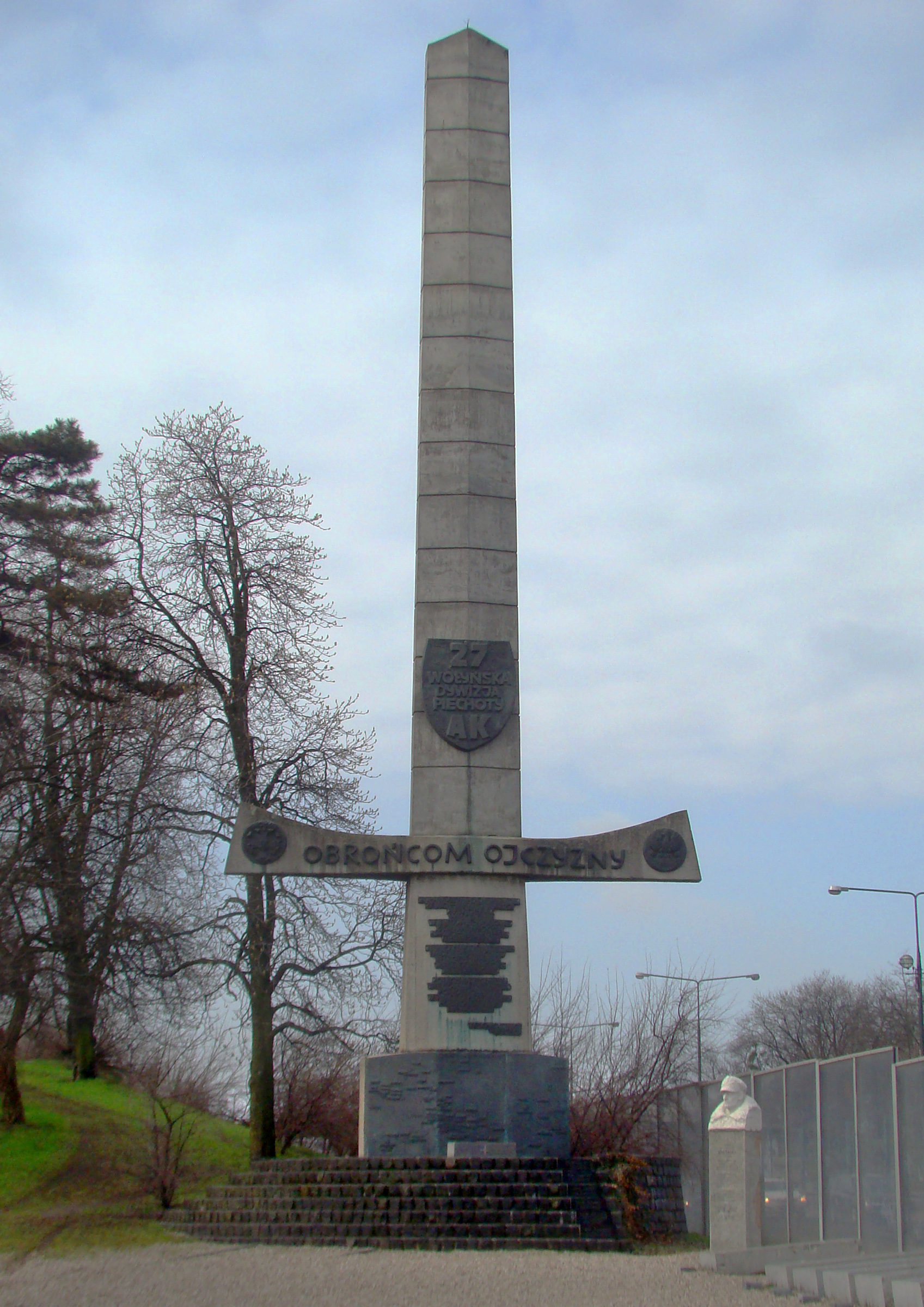Poland Conditions Ukraine’s EU Accession Talks on Historical Reconciliation and Remembrance

Poland Conditions EU Accession Talks on Historical Reconciliation with Ukraine
Recent declarations by Poland’s Defense Minister have cast new light on the complex diplomatic landscape surrounding Ukraine’s aspirations to join the European Union. Warsaw’s position makes clear that progress in enlargement talks is contingent upon Ukraine addressing a sensitive chapter in their shared history involving a tragic event that left deep wounds. This demand includes acknowledgment of past atrocities, proper handling of victims' remains, and the organization of official commemorative events.
The insistence on this issue reflects broader challenges nation-states face when historical narratives intersect with contemporary geopolitical ambitions. It underscores how unresolved historical disputes can influence present-day international negotiations, particularly those involving integration into a supranational union. Such demands signify the intricate blend of historical memory with current political processes shaping European affairs.
This stance arrives amid ongoing discussions about the future of European enlargement, where Ukraine’s accession has become a focal point of debate. The position taken by Polish authorities emphasizes the necessity of reconciliation through recognition and remembrance as prerequisites for fostering trust and solidarity within the European community. It also marks a significant diplomatic hurdle for Kyiv as it seeks closer ties with Europe.
Contextualizing the Historical Issue
The historical event at the core of these demands unfolded during a turbulent period characterized by widespread violence and upheaval in Eastern Europe. The legacy of this event remains contentious, touching on sensitive national memories and differing interpretations across neighboring countries. This disagreement shapes current diplomatic dynamics, affecting perceptions of moral responsibility and justice.
Efforts to exhume remains underscore the importance of tangible acts of remembrance and accountability in addressing historical grievances. Such processes serve not only to honor the victims but also to provide closure for affected communities. Official ceremonies play a similarly vital role, offering a publicly acknowledged moment of reflection and commitment to historical truth.
By tying progress in accession talks to these acts, the Polish position elevates the role of historical reconciliation in international relations. It highlights how acknowledging difficult past events is considered by some nations as essential for building durable partnership frameworks based on mutual respect and recognition.
Implications for European Integration
The intersection of history and diplomacy here illustrates the multifaceted nature of enlargement negotiations within the European context. Beyond technical and political criteria, integration processes often involve addressing historical legacies that can influence regional stability and collective identity. The current demand for acknowledgment and memorialization signals that progress is not measured solely by administrative reforms but also by how countries engage with their past.
This development has broader ramifications for the European project itself. It brings to the forefront the ongoing challenge of reconciling diverse historical experiences within a shared European space. The resolution of such disputes bears on the cohesion and inclusiveness essential to the Union’s enlargement strategy.
Given the complexity of these issues, the diplomatic road ahead requires careful balancing of historical sensitivity with forward-looking policy objectives. Encouraging dialogue, encouraging historical clarity, and fostering commemorative initiatives all emerge as critical elements in facilitating integration and strengthening regional cooperation.
